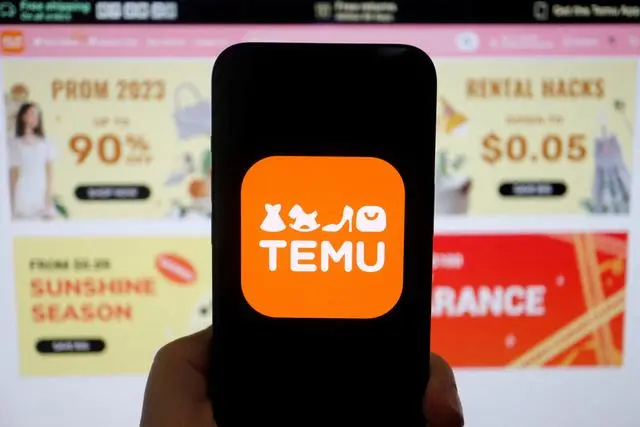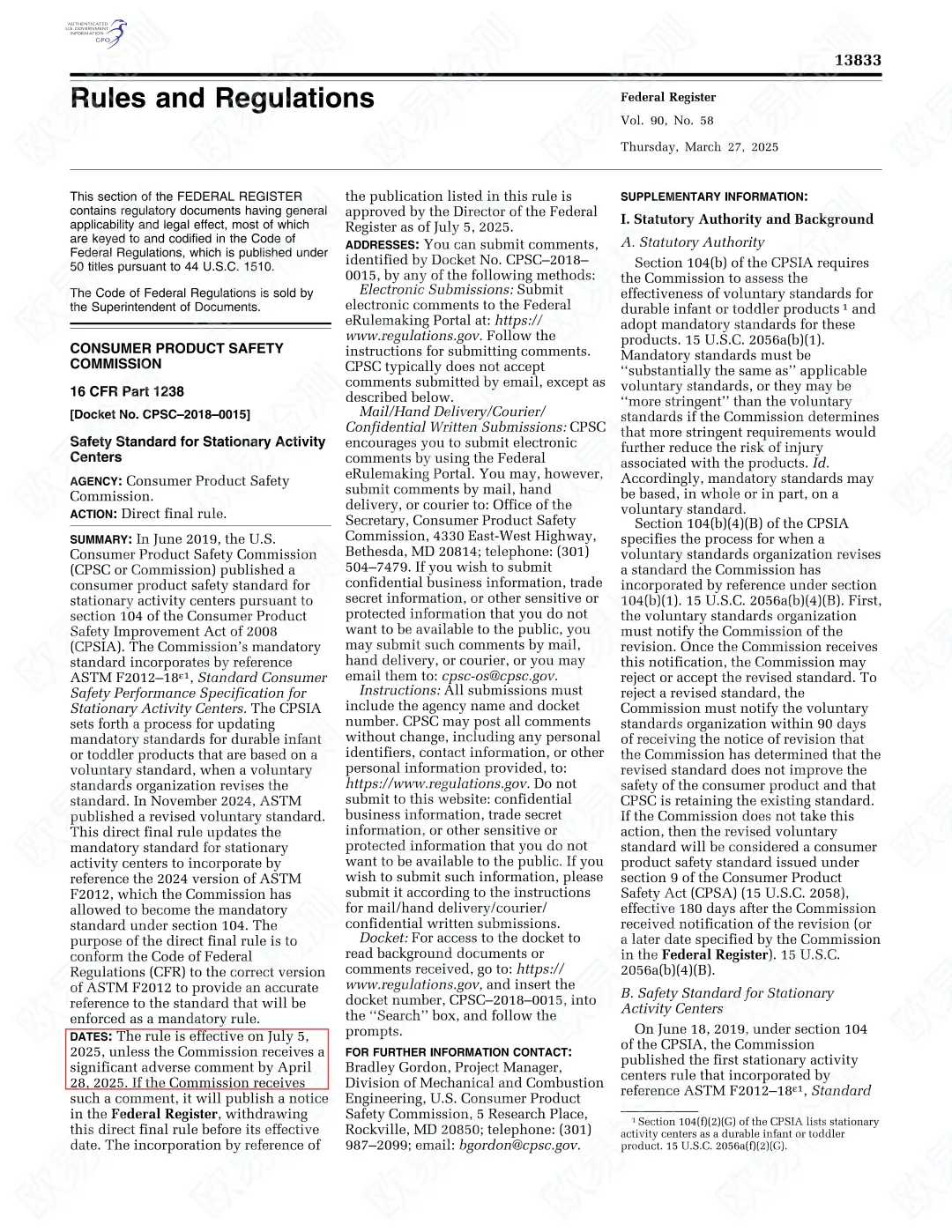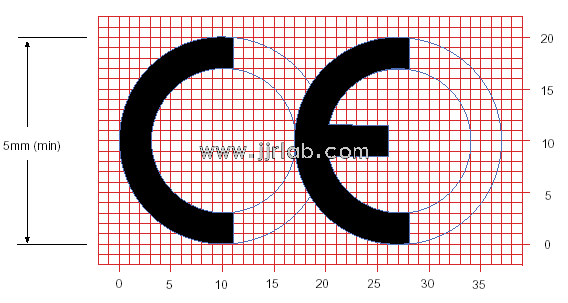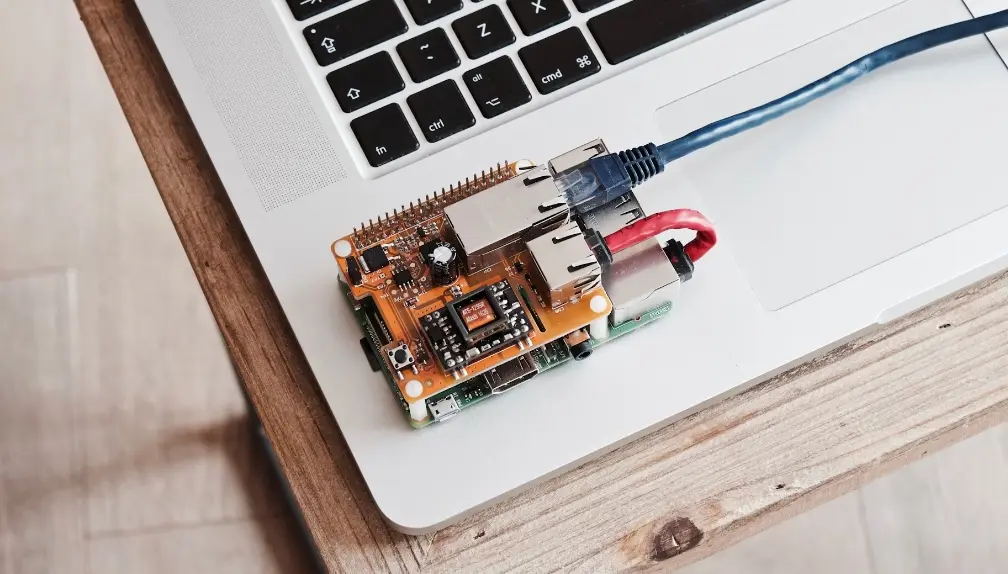
TEMU Europe EPR Registration (WEEE, Battery, Packaging)
Selling products on the TEMU Europe site requires applying for EPR registration, including WEEE, the Battery Directive, and the Packaging Directive, with different requirements for different categories.

What is European EPR Registration?
European EPR is an important environmental policy of the EU, known as Extended Producer Responsibility. Here is a detailed explanation of European EPR:
1. Definition and Purpose:
EPR is a policy tool that extends the producer's financial or operational responsibility to the post-consumer stage of a product's lifecycle, helping to achieve the EU's recycling and recovery targets.
Producers must ensure that the waste generated at the end of their product's lifecycle is properly managed by paying an "eco-contribution" fee.
2. Implementation Background:
EPR was first introduced in Sweden and Germany in the 1990s and has since become a cornerstone of European waste policy.
In the EU, EPR is introduced through directives (particularly the Waste Framework Directive) and is transposed into national legislation by each EU member state, leading to variations in implementation.
3. Main Categories:
Different countries cover different categories under EPR, but they generally include packaging, electronic and electrical equipment (WEEE), and batteries.
3.1. European WEEE:
The WEEE Directive (Waste Electrical and Electronic Equipment Directive 2002/96/EC) aims to prevent waste and promote the reuse, recycling, and recovery of such waste to reduce resource wastage and environmental pollution.
The WEEE Directive applies to EU member countries, including Austria, Belgium, Cyprus, Czech Republic, Denmark, Estonia, Finland, France, Germany, Greece, Hungary, Italy, Ireland, Latvia, Lithuania, Luxembourg, Malta, Netherlands, Poland, Portugal, Slovakia, Slovenia, Spain, Sweden, UK, Bulgaria, Romania, Croatia, Turkey, etc.
It applies to large household appliances, small household appliances, IT and telecom equipment, consumer equipment, lighting equipment, electrical and electronic tools (excluding large stationary industrial tools), toys, leisure and sports equipment, medical devices (excluding all implanted and infected products), monitoring and control instruments, and vending machines.
weee registration is valid annually after obtaining the registration number.
3.2. European Packaging Directive:
The EU Packaging and Packaging Waste Directive (2018/852/EU) focuses on packaging materials, reduction, labeling, environmental friendliness, and safety to ensure packaging safety, environmental sustainability, and recyclability.
The directive aims to encourage sustainable measures in packaging design, manufacturing, and recycling to reduce environmental impact and promote efficient resource use.
The directive covers all product packaging sold in the EU market, regardless of the producer's origin.
Each member state must formulate corresponding domestic laws and establish appropriate supervisory and enforcement agencies.
3.4. European Battery Directive:
The EU Battery Directive is a significant regulation promoting the sustainability of batteries throughout their lifecycle. It was enacted on August 17, 2023, and will be implemented in phases starting February 18, 2024.
The directive aims to promote sustainable development in the EU battery market by setting eco-design, manufacturing, and recycling requirements, reducing environmental impact, and increasing resource efficiency.
It applies to all batteries and accumulators sold or placed on the market within the EU, including portable batteries, SLI batteries (Starting, Lighting, and Ignition), LMT batteries (Light Means of Transport), electric vehicle batteries, and industrial batteries.
4. Consequences of Not Registering for EPR:
Sellers who fail to complete EPR registration in time may face fines up to €200,000.
Goods may be detained, destroyed, or confiscated, along with any local profits generated.
In severe cases, sellers may face retrospective legal liability.
5. Withholding and Remittance:
Some countries/categories allow platforms to withhold and remit fees, such as packaging, WEEE, and batteries in Spain and France.
Sellers can choose default platform withholding or self-declaration. After registering with the platform, withholding ceases, and sales remain unaffected.
Germany and Austria do not allow withholding and remittance; sellers must declare within the control period.
6. Registration and Declaration:
EPR registration and declaration are conducted annually. Sellers must complete EPR declarations and renewals themselves.
Sellers wishing to discontinue EPR registration can deregister and set credential expiry through the backend.
7. Applicable Scope:
EPR applies to various products, including but not limited to IT products (e.g., switch-mode power supplies, linear power supplies), lighting products (e.g., LED lighting, energy-saving lamps), and household appliances (e.g., irons, rice cookers).
8. Compliance Requirements:
Sellers targeting multiple European countries must pay attention to EPR compliance requirements and complete registration and declaration within the stipulated time. Failure to do so may result in product bans, delisting, and hefty fines.
For consultation and handling of TEMU Europe site WEEE, Packaging Directive, and Battery Directive, please contact China JJR Laboratory. We are an IEC 17025 accredited laboratory.
Email:hello@jjrlab.com
Write your message here and send it to us
 Certain Chemicals in Toys to Be Banned in the U.S.
Certain Chemicals in Toys to Be Banned in the U.S.
 What Is the ASTM F2012-24 Test Report?
What Is the ASTM F2012-24 Test Report?
 How to get the SOR/2023-101 Test Report?
How to get the SOR/2023-101 Test Report?
 CPSC Certification for Safe Children's Products
CPSC Certification for Safe Children's Products
 CE EMC Certification for EU Compliance (2014/30/EU
CE EMC Certification for EU Compliance (2014/30/EU
 FCC Certification Guide for U.S. Electronics Compl
FCC Certification Guide for U.S. Electronics Compl
 RoHS Certification: Ensure Eco-Friendly Electronic
RoHS Certification: Ensure Eco-Friendly Electronic
 California Prop 65: A Complete Compliance Guide
California Prop 65: A Complete Compliance Guide
Leave us a message
24-hour online customer service at any time to respond, so that you worry!




